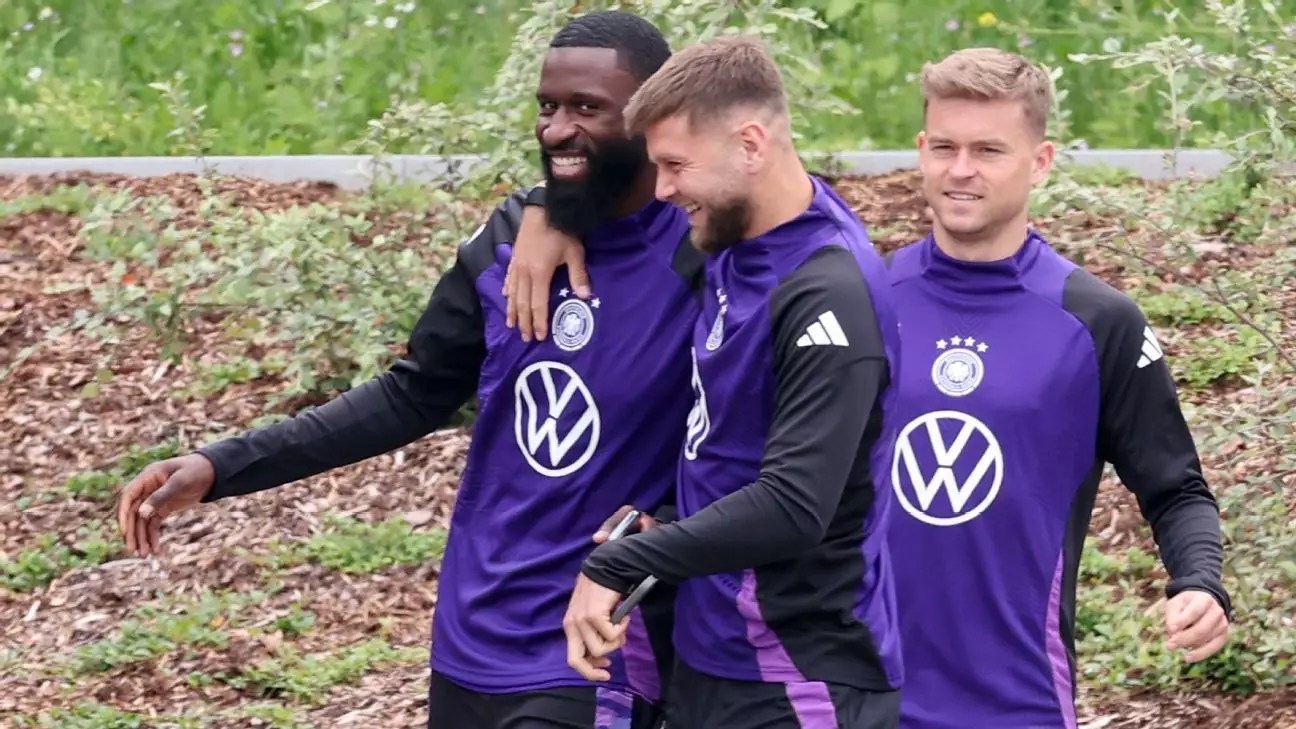Conflict within a team is often seen as a negative aspect that can hinder progress and disrupt relationships. However, Real Madrid and Germany star Toni Kroos has a different perspective on this issue. He recently commented on a training-ground altercation between Antonio Rüdiger and Niclas Füllkrug, stating that it can actually be a “good thing” for a team.
During Germany’s training session, Rüdiger and Füllkrug got into a heated exchange during a crossing drill. The situation escalated with the two players pushing each other. Kroos, who witnessed the incident, saw it as an opportunity for growth within the team. Despite having to intervene to calm the situation, Kroos believes that such conflicts can ultimately have a positive impact.
Kroos emphasized that conflicts like these can lead to increased team cohesion and understanding. By addressing underlying issues through confrontation, teams can identify and resolve problems more effectively. In this case, the players were able to move past the conflict and were seen smiling as they walked out to training together the next day.
Kroos also highlighted the importance of taking responsibility for one’s actions. He mentioned that Füllkrug acknowledged his fault in the situation and that conflicts should not be taken too seriously. By learning from these experiences, players can improve their communication skills and work together more harmoniously in the future.
As Germany prepares to kick off the European Championship, Kroos acknowledged the added pressure of playing on home soil. He described the experience as both an honor and a challenge, as the team carries a significant responsibility to the nation. Kroos expressed his gratitude for being able to compete in such a prestigious tournament despite the elevated expectations.
Conflicts within a team do not always have to be viewed in a negative light. Like in the case of Rüdiger and Füllkrug, conflict can lead to growth, improved communication, and stronger relationships within the team. It is essential for players to address conflicts constructively, take responsibility for their actions, and learn from these experiences. Ultimately, embracing conflict can benefit a team and contribute to their overall success on and off the field.


Leave a Reply